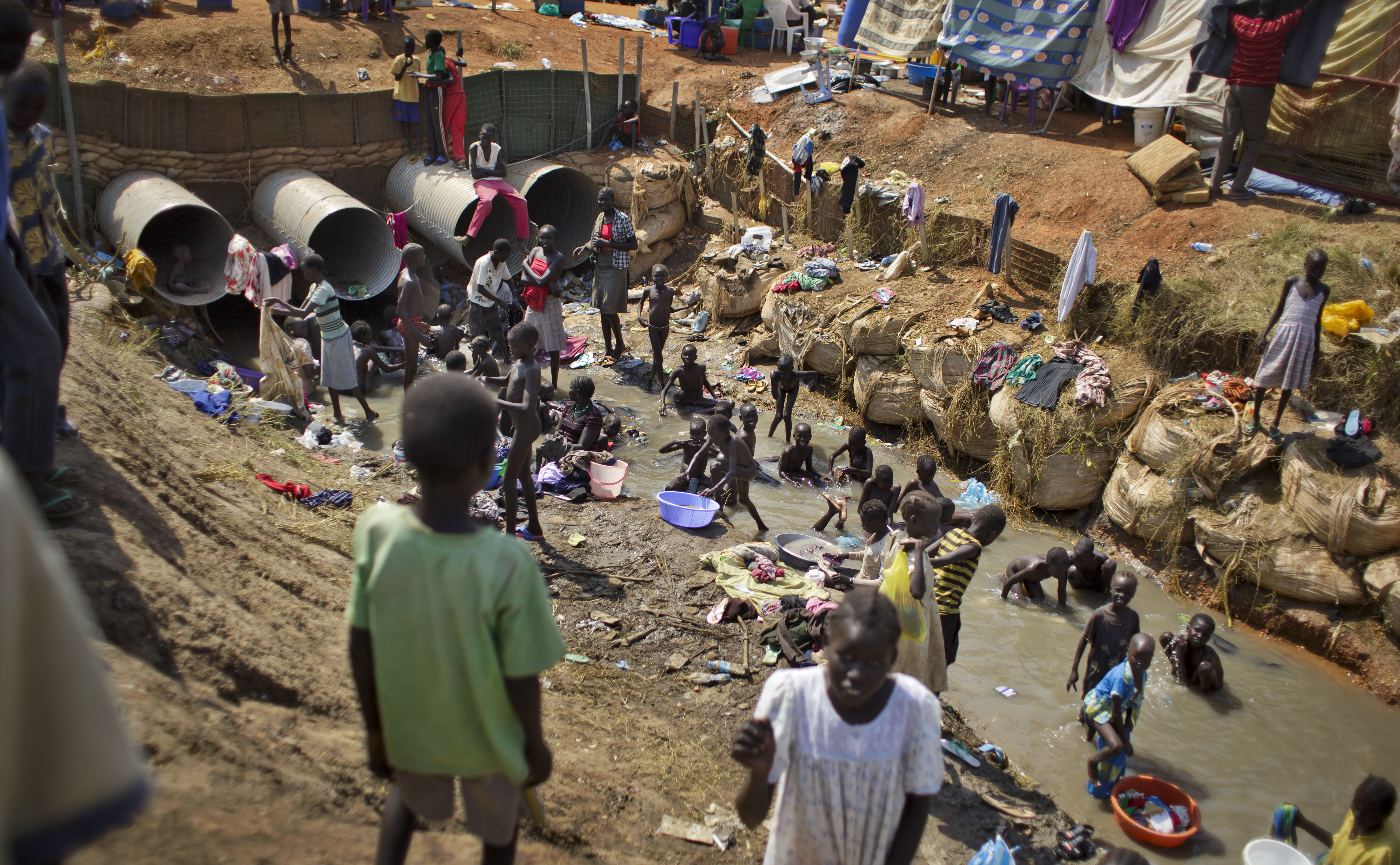When violence erupted two weeks ago in the world's youngest country, one of the first voices to speak out, before the U.S. president or the head of the United Nations, was that of the Hollywood actor George Clooney. There was nothing particularly objectionable about his counsel, which in any case was more likely authored by the American activist John Prendergast, with whom he shared a byline. It spoke of the need for a robust U.N. response and, even as tens of thousands of civilians fled ethnically motivated death squads, of the "opportunities" present in South Sudan.
This is a country, not yet 2½ years old, whose birth has been soaked in celebrity like no other. As well as Clooney, Matt Dillon and Don Cheadle have been occasional visitors who have tried to use their star power to place the international public firmly in the corner of this plucky upstart nation.
Unsurprisingly, the actors were highly effective at communicating a narrative about the new country that borrowed from a simple script. The south had fought a bloody two-decade battle for its independence against an Islamic and chauvinist north led by an indicted war criminal. The cost of that war, regularly touted as 2 million lives, meant that the south would need huge development support to lift it from the impoverished floor of every quality of life index published.



